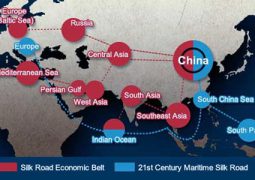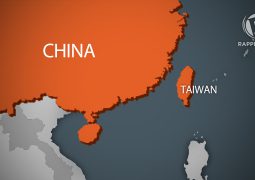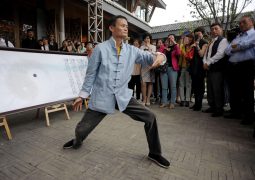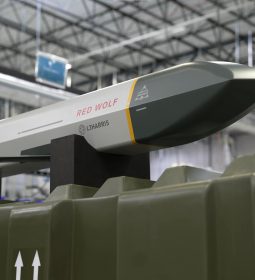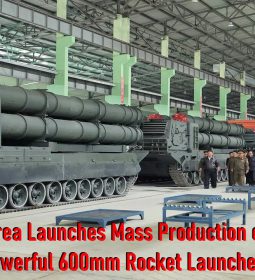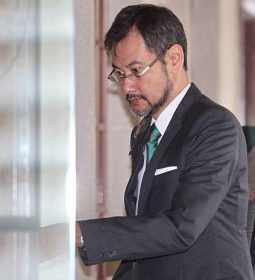Baku pays off war debt to Syrian islamists’s help in Karabakh war with supply of natutal gas

Turkey to begin supplying Azeri gas to Syria from Saturday
Turkey will start exporting natural gas from Azerbaijan to Syria this Saturday, the energy minister announced, as Damascus said the imports would go toward electricity production.
Syria’s authorities, who toppled Bashar al-Assad in December, are seeking to rebuild the country’s infrastructure and economy after almost 14 years of civil war.
The conflict badly damaged Syria’s power infrastructure, leading to cuts that can last for more than 20 hours a day.
“We will start exporting natural gas from Azerbaijan to Aleppo via Kilis”, a province in southernmost Turkey near the Syrian border, Energy Minister Alparslan Bayraktar said Wednesday.
According to Syrian state news agency SANA, Energy Minister Mohammad al-Bashir confirmed that “from August 2, Syria will begin to receive 3.4 million cubic metres of gas from Azerbaijan” via Turkey.
The gas “will allow the production of around 900 megawatts of electricity, as part of joint cooperation aiming to support the Syrian energy sector”, SANA reported.
Earlier this month, Baku said Azerbaijan would send its gas to Syria as President Ilham Aliyev hosted Damascus’s new leader Ahmed al-Sharaa.
In May, Bashir said Damascus and Ankara had reached a deal for Turkey to supply natural gas to the war-torn country via a pipeline in the north.
Gas-rich Azerbaijan is a historic ally of Turkey which maintains close ties with the Syrian transitional government.
More pro-Turkish Syrian mercenaries die in Azeri-Armenian fighting

LONDON–At least 36 pro-Turkey Syrian mercenaries have been killed in clashes between Armenian and Azerbaijani forces over Nagorny Karabakh, the Syrian Observatory for Human Rights (SOHR) said Saturday.
The killed fighters were among more than 850 militants and guns-for-hire from pro-Ankara Syrian factions which Turkey has sent to fight for the Azeris since last week, SOHR pointed out.
The opposition war monitor added that “the Turkish government has thrown Syrian mercenaries into the ongoing battles in the contested Nagorno-Karabakh between Azerbaijan and Armenia” after being hired to work as security guards.
” After having been told that their task was confined to the “guarding of oil fields and borders” in Azerbaijan, Turkish-backed Syrian factions have been noticeably involved into the Nagorno-Karabakh battles,” added SOHR
Relatives of three fighters confirmed to Agence France Presse they had been killed, while social media users shared pictures of four fighters who had died in the clashes.
 Intelligence reports had established that at least 300 Syrian fighters drawn from “jihadist groups” from the Syrian city of Aleppo had passed through Gaziantep in Turkey en route for Azerbaijan, he said.
Intelligence reports had established that at least 300 Syrian fighters drawn from “jihadist groups” from the Syrian city of Aleppo had passed through Gaziantep in Turkey en route for Azerbaijan, he said.
Clashes have raged between Armenian and Azerbaijani forces since Sunday over Nagorny Karabakh, an ethnic Armenian province that broke away from Baku in a bitterly fought war in the 1990s.
Armenia has accused Turkey of dispatching Syrian fighters to fight on the Azeri side in Nagorny Karabakh, despite Azerbaijani and Turkish denials.
Guns for hire
CNN spoke to a Syrian mercenary who was travelling from northern Syria to Azerbaijan. He said he belonged to a faction of the Syrian National Army, an umbrella rebel group involving several pro-Turkish armed militias. “I voluntarily did that and 90% of my unit signed up,” he told CNN. “They told us that they will give us $1,500 a month.
“Our contracts are for three months, and every month we will be getting paid by the unit commander,” he added,
He said he accepted the offer “because of the money, and all the world knows that the Syrians living here are dying of hunger.”
Some of the fighters helping the Azeris are being drawn from the contingent of militants and mercenaries sent by Turkey to Libya in recent months to back the Islamist-dominated Government of National Accord.
Citing “reliable sources,” SOHR said the total number of Turkish-dispatched mercenaries who returned from Libya to Syria to “more than 2,200 in just one week.”
According to the organisation’s statistics, the number of mercenary recruits sent by Turkey to Libya reached 18,000.
International reactions
On Friday, Armenian Prime Minister Nikol Pashinyan told French newspaper Le Figaro that Turkey had “transported thousands of mercenaries and terrorists” to Azerbaijan from northern Syria.
Pashinyan and Russian President Vladimir Putin, in a phone call, expressed “serious concern” over the reported “involvement in military action of militants of illegal armed groups from the Middle East”, the Kremlin said.
French President Emmanuel Macron also weighed in, demanding that Turkey explain what he said was the arrival of jihadist fighters in Azerbaijan.
“A red line has been crossed, which is unacceptable,” said Macron.
According to Macron, intelligence reports indicate 300 fighters drawn from “jihadist groups” from the Syrian city of Aleppo have passed through Gaziantep in Turkey en route for Azerbaijan.
“These fighters are known, tracked and identified,” he said.
Commenting on the allegations, US Secretary of State Mike Pompeo said: “We (already) saw Syrian fighters taken from the battlefields in Syria to Libya,” adding that it “created more instability, more turbulence, more conflict, more fighting, less peace”.
“I think it would do the same thing in the conflict in and around Nagorno-Karabakh as well. So I hope that reporting proves inaccurate.
“This is a longstanding conflict in this border space, when those tensions rise, internationalising this, third parties bringing ammunitions, weapon systems … you increase the complexity, you increase the risk of loss of lives, you decrease the capacity for peace.”

As in Libya, he said, “we’ve urged everyone to just stay out of this other than to urge that there be a ceasefire and that dialogue be the methodology by which order is restored, peace is restored. At least we hope that’s the case.
“We’ve certainly communicated that to both the Azerbaijanis and Armenian leaders, and to the Turks as well,” he added.
Clashes have raged between Armenian and Azerbaijani forces since last week over Nagorno-Karabakh, an ethnic Armenian province that broke away from Baku in a bitterly fought war
https://thearabweekly.com/more-pro-turkish-syrian-mercenaries-die-azeri-armenian-fighting
- Previous India Starts Building First AI-Equipped Patrol Vessel
- Next Malaysian PM: Trump to Attend ASEAN Meetings in October




